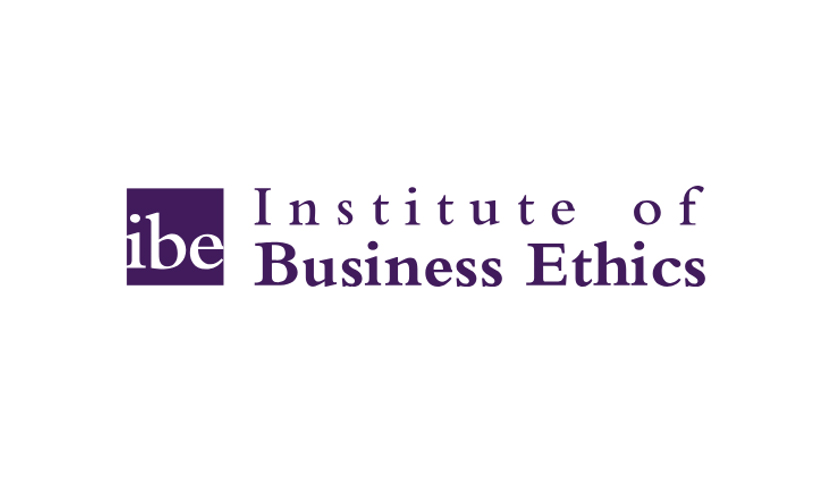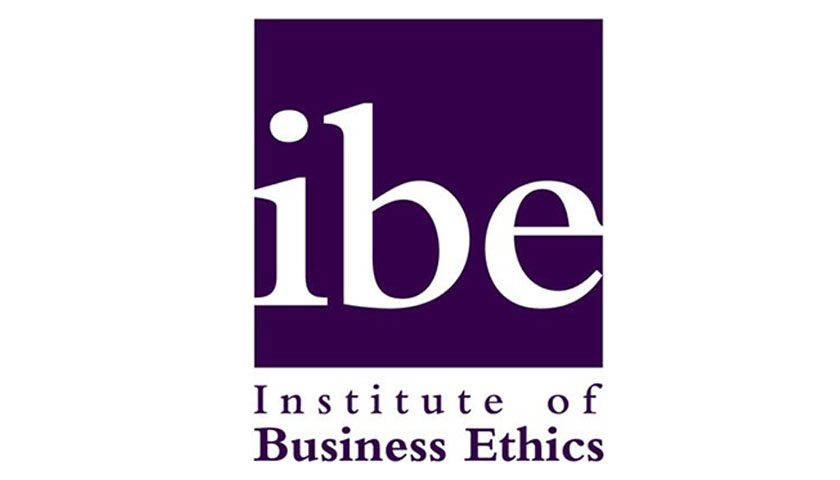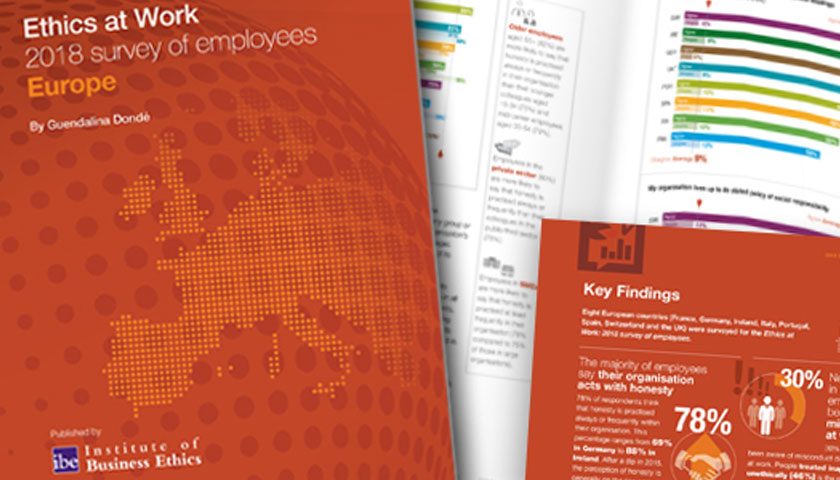A newly released independent analysis of global public relations association ethics codes reveals that when it comes to fostering “Speak-Up” cultures and empowering the global PR workforce to fight disinformation from within, the industry has some work to do.
Data gathered by the London-based Institute of Business Ethics (IBE) documents that nearly no PR member associations of 24 worldwide include whistleblower protection clauses built into their published ethics codes for member conduct.
The consequence: Many PR practitioners face greater fears of retaliation when pushing back on unethical communications tactics or pressures to compromise the truth within their own organizations or from clients.
Available for free download at marybethwest.com, “The State of Ethics Codes in the Public Relations Industry: A Global Analysis” white paper was fully funded by a grant from 30-year PR industry veteran Mary Beth West.
According to West, the IBE’s analysis documents gaps where PR industry ethics codes fall short of empowering and advocating for modern-day workplace challenges.
“We need higher standards in our industry ethics codes, to advocate for practitioners who want to make sure they are not providing channels for disinformation that can harm the public as well as the reputation of organizations they serve,” West said.
For example, at many points in their careers, PR practitioners can face management pressures to compromise truth and accuracy in press releases, social media, news media interviews, and various other forms of typical PR communication – particularly when their company or client may be under scrutiny from a crisis or intense competitive pressures.
West said PR associations worldwide that represent the industry’s diverse, multinational workforce need to take the lead to empower their members who want to lead PR efforts honestly – but who may struggle when management superiors want to play fast-and-loose with facts, data, technology, or a healthy respect for balancing the public good against their own profit motives.
“In the post-#MeToo era and after decades of high-profile misconduct cases – where PR tactics were famously twisted into platforms of public deception and harm against people calling out wrongdoing – the PR industry desperately needs to modernize its ethics stance,” West said. “That process starts with its published ethics codes.”
The IBE found that only 33% of PR associations “provided internal speak-up mechanisms” within their own organizational member ranks.
The IBE further reported that “Despite the enforcement of (PR) codes of ethics in 13 associations (of the 24 analyzed), little importance is given to fair treatment of whistleblowers and anti-retaliation provisions.”
“Inflicting retaliation against people who report misconduct is a common knee-jerk reaction by some misguided leaders,” West said, who experienced extensive retaliation herself in the PR industry when she reported both ethics misconduct and major finanical discrepancies that went undisclosed for years in non-compliance with state law.
“We need to do better in the PR industry in taking stands and stopping the weoponization of communication for bad intent,” West said.
“I hope our industry associations will seriously step up their game with enforced ethics codes and a stronger range of modern-day provisions for vastly outdated codes originally written many years – even decades – ago,” she said.
West’s white paper discusses a broad range of issues tied to opportunities for PR ethics codes to rise to higher standards of best-practice – including nearly 50 criteria points covered in the IBE’s analysis.


